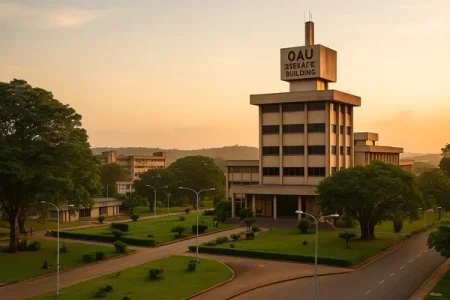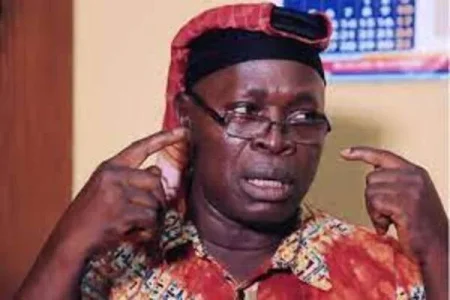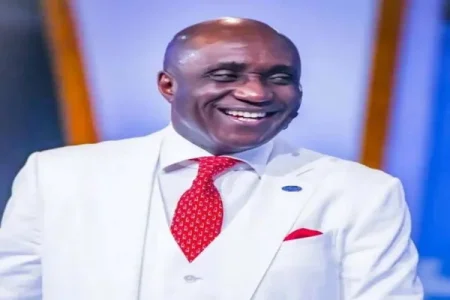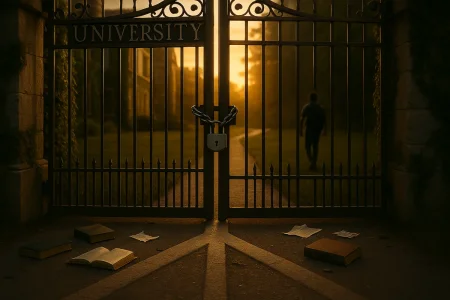
Democratic expression meets institutional control when two Obafemi Awolowo University students challenge power directly. Kelechi Ejike and Joshua Temitope Oladepo held "Compensate Victims of Demolition" placards during FCT Minister Nyesom Wike's "Nigeria of Our Dreams" lecture on June 5, 2025, prompting swift security intervention that reveals critical lessons about navigating political expression, institutional responses, and democratic accountability in Nigeria's evolving campus environment.
- Strategic Protest Documentation: The students' forceful removal by suspected DSS operatives to OAU's "Floor 0" detention facility demonstrates why protesters must record everything, notify activist organizations beforehand, and ensure multiple witnesses, proper documentation creates accountability pressure that secured their eventual release.
- Institutional Narrative Control: OAU management claiming students were "rescued from mob action" rather than detained for dissent shows how institutions reframe democratic expression, Students must understand when peaceful protest becomes criminalized and prepare counter-narratives through coalition support and media strategy.
- Coalition Protection Power: The students' release only came after sustained pressure from ANSA, Education Rights Campaign, and civil society groups, proving that isolated individual protests lack protection while coordinated activism with established organizations provides crucial advocacy leverage and safety nets.
- Targeted Accountability Effectiveness: Focusing on specific policy failures (Abuja demolitions) rather than general criticism created clearer messaging that is harder to dismiss or criminalize, strategic issue-based protest generates broader democratic discourse while maintaining legitimacy against institutional pushback.




